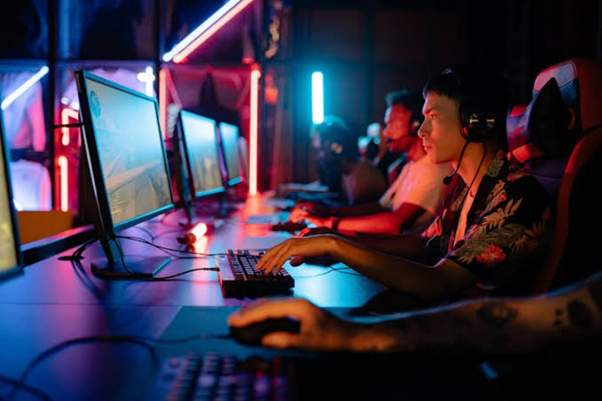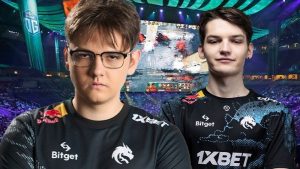Esports, short for electronic sports, has emerged as a global phenomenon, captivating millions of players and spectators alike.
This rapidly growing industry has not only revolutionised the world of gaming but also offers valuable insights and advantages that traditional sports can learn from.
Esports has taken the gaming industry by storm. What was once considered a niche hobby has evolved into a global phenomenon, with millions of fans and lucrative sponsorships.
The growth of high-speed internet, streaming platforms like Twitch, and the availability of professional leagues has propelled esports into the mainstream.
Esports has become a legitimate career path for talented players and has even caught the attention of traditional sports organisations, who are investing in teams and players to expand their reach into the digital realm.
Esports isn’t just about button-mashing and quick reflexes; it’s also a mental game. The right mindset and mental resilience can make all the difference between victory and defeat.
Confidence, focus, and the ability to stay calm under pressure are key psychological factors in esports success.
Developing a strong mental game is just as important as polishing your skills in the game itself. Strategies such as visualisation, meditation, and positive self-talk can help players stay focused and confident.
It’s like having your own personal cheerleader on the sidelines, boosting your morale when things get tough.
Practicing mindfulness and learning to control your emotions can also contribute to mental resilience. It’s about staying cool, even in the face of defeat, and bouncing back stronger. With a strong mental game, you’ll be ready to take on any challenge that comes your way.
Esports is not just a hobby or a pastime; it’s a platform that can elevate team performance to new heights. By utilising data analysis and performance metrics, teams can analyse their gameplay and strategise for success.
















